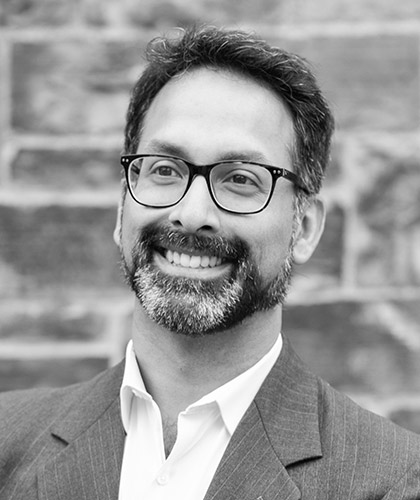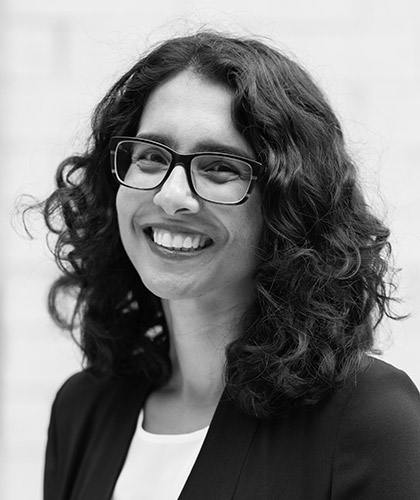One barrier to identifying and addressing health inequities is the lack of sociodemographic data at the individual level. Since December 2013, several health care institutions in the Toronto Central Local Health Integration Network (TC LHIN – now part of Ontario Health) have been collecting robust sociodemographic data from patients using a standardized set of Health Equity Questions developed through a consensus process and pilot tested with 400 adults.
Why is sociodemographic data collection important?
Sociodemographic data is vital to understanding who an organization serves and who is potentially being missed. This information may allow an organization to report on equity in access to services and outcomes, to develop innovative programs for hard-to-reach populations and to evaluate the impact of such programs over time. Other uses include improving services at the point-of-care, doing research to understand differences in access, care or conditions for different populations, planning health services, and advocating for the needs of different groups. But it is unclear what is the best way to collect this data in health settings, how providers and patients feel about it, and which questions should be used.
What did we do?
We undertook a study at the St. Michael’s Hospital Academic Family Health Team (SMHAFHT) to understand how data collection for the Health Equity Questions was implemented, the quality of the data collected, the perspectives of patients responding to the questions, and the perspectives of clinicians and health care administrators using the data.
First, we conducted a quantitative analysis of data from charts of patient who registered for a visit at the FHT from December 2013 to March 2016, including both those who did and did not participate in the sociodemographic data collection, to assess the response rate and identify potential non-response bias. We then conducted semi-structured interviews with patients, clerical staff, members of the FHT leadership team and clinicians to understand their experiences and perspectives on administering (for staff) and responding (for patients) to the questions.
What did we find?
Collecting sociodemographic data collection was feasible at our large, multi-site Family Health Team. We were able to successfully extract the data and link it to other data elements in the chart.
During the 28-month period included in our study, more than 14,000 patients completed the Health Equity Questions, representing approximately one-third of patients who visited the practice. 90% of patients who were offered the opportunity to answer the sociodemographic questions chose to do so. The response rate was over 80% for all questions except the questions on income and self-reported health.
However, we found that there were some groups that were less likely to be offered the opportunity to complete the sociodemographic questions, even after adjusting for the number of visits to the FHT. This included those at who were very young or very old, men, and those with chronic conditions. Interviews with staff revealed that administering the Health Equity Questions in the FHT became difficult to sustain over the years, especially with staff turnover. Interviews revealed the significant potential of sociodemographic data collection, including understanding inequities in care and outcomes and developing programs to meet the unique needs of the population served. Some patients particularly appreciated the inclusiveness of the questions, particularly the questions related to gender identity and sexual orientation. Some patients, however, raised concerns that some of the questions were uncomfortable to answer and could be stigmatizing. Patients revealed specific challenges with answering some of the questions, often due to a lack of clarity of the terms used in the question or responses or the purpose of the questions. For example, patients made different assumptions as to what the race/ethnicity questions was asking (place of birth vs culture vs ancestry). And with the disability question, there were confusions as to what constituted a disability.
What should we do differently?
In 2016, our team hosted a roundtable discussion with a broad group of stakeholders to share our results and discuss next steps. Based on our research and the advice of our stakeholders, we prepared a report for the TC LHIN outlining our findings and 18 recommendations for improving sociodemographic data collection in healthcare settings. Read the report here.
We have also published a series of papers that make recommendations on data collection in specific areas including gender identity and sexual orientation, disability, and race/ethnicity.
Finally, our work has helped to inform ongoing work on sociodemographic data collection in health settings including recommendations from the Canadian Institute for Health Information on collection of data on gender identity and race/ethnicity.
This work also helped lay the groundwork for a national CIHR funded project, the SPARK Study, to establish a standard set of questions and approach to addressing social needs in primary care.


